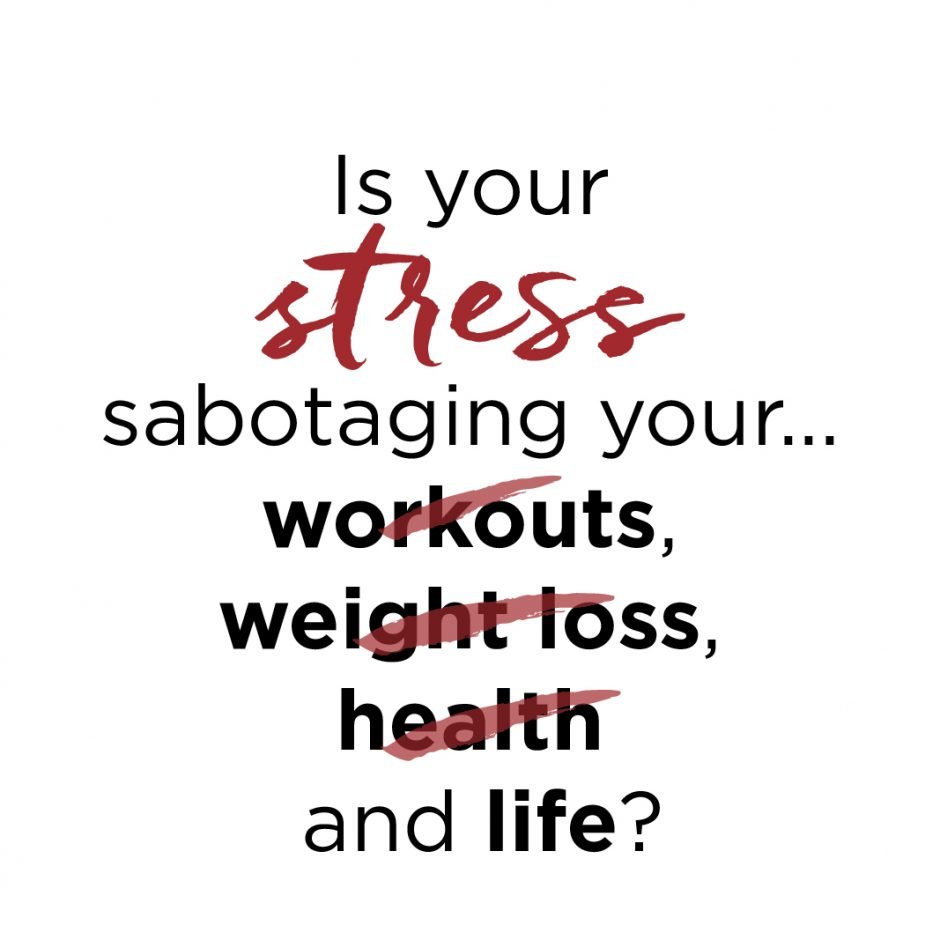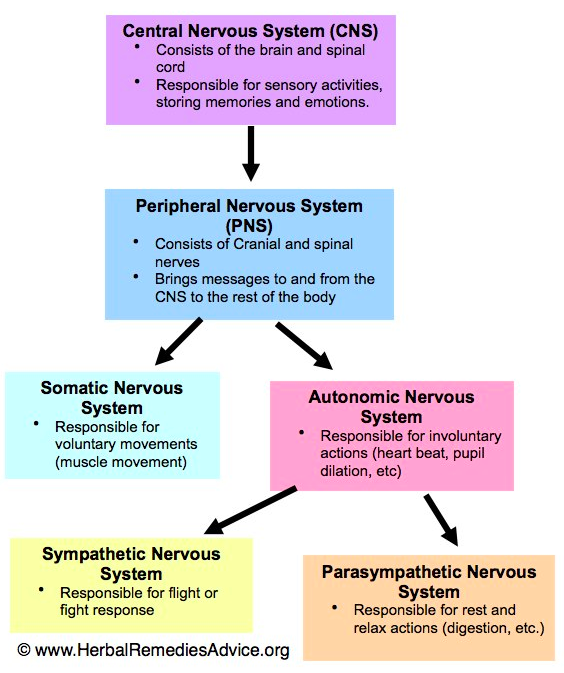You may be wondering: how can your busy lifestyle lead to weight gain and injury. You may be saying, ‘I’m active, I exercise, and I am always moving or doing.” “What’s so wrong with that?”

For purposes of this story, here is my attempt to make it simple. The nervous system is truly anything but simple.
The Nervous system records and distributes information with two main parts: the central and peripheral nervous systems. The Central (or Central Nervous System) is made up of the brain and the spinal cord controlling the body’s responses. The peripheral (PNS) is everything outside of the CNS. Its main function is to connect the CNS to the limbs and organs, serving as a conduit between the brain and the rest of the body.

The two parts of the PNS are the autonomic and somatic. Today, I’m focused on the autonomic which controls involuntary responses. These are the everyday responses we have to external stimuli. It is divided into two parts: the sympathetic and the parasympathetic nervous systems.
The sympathetic system is activated during fight or flight situations where emotional stress or physical danger looms. The parasympathetic counteracts these responses relaxing the body, aiding in “rest and digest” increasing saliva production and decreasing your heart rate.
Our bodies were made with a mechanism referred to as “fight or flight” (the sympathetic nervous system). It’s our human body’s way of protecting itself. Many years ago, we used to forage for food and defend ourselves against enemies. Our bodies were made to help us sense and protect from danger.
These two parts of our essential make up of fight or rest are in constant push-pull. While getting excited to hear your daughter is expecting her first child, your body is also trying to calm you.

Here comes the cortisol story about which you may have heard in the popular media. Cortisol, “hydrocortisone”, is produced in the (adrenal cortex of the) brain – or “the adrenals” – to respond to emotional and physiological stress. It sort of protects you from the stress by giving your body the energy to fight the fight. It is highest in the morning to get us out of bed, peaking around 8 AM then decreasing to its lowest around 3 PM. It then decreases to its lowest around 3PM as your body is supposed to be slowing down for the day. Cortisol is supposed to be short lived. Unfortunately, with excessive stress, cortisol is excreted by the adrenals all day long to protect us from the “fight”. This creates a cascading effect on all of the other systems in your body.
In order to protect the body from the stress, cortisol shuts down our immune system delivering energy where it is needed most: combating stress. It also stops bone and muscle growth, disrupts your sleep cycle, increases our blood pressure, reduces blood flow, works as an anti-diuretic, adds weight around the waistline, disrupts the reproductive system, and many other normal body functions are put at risk. Increased cortisol also leaves blood sugar levels higher, the body gets tired of chronically producing insulin and it is possible to become insulin resistant and ultimately diabetic.
There are serious medical conditions associated with a wide range of manifestations. They are Cushings and Addison’s Disease as well as Adrenal Fatigue. They are no joke and should be addressed by a medical doctor. The purpose today is to help you navigate your health through the lens of your nervous system and help you understand that being constantly stressed has serious implications not only for your waistline but for your health and longevity.
Worse off: metabolic – or fat burning disturbances – occur making you hungrier for foods that aren’t on your clean diet.
As Dr. Aviva Romm likens the (stress induced) cortisol response system to the national guard ready to protect your personal boundaries against infection. Cortisol changes the way your brain works so you react on automatic pilot rather than use your own willpower and higher thinking capacities.

The human body is all about constantly repairing itself. Yet, under stress, it can’t heal; it’s too busy truly just warding off “disease” or that over-demanding schedule we insist on maintaining. Immunologist and best-selling author of “Healing Spaces” Esther Sternberg says, ” …disease happens when the repair process is not keeping up with the damage process.”
Did you read that? Read it again. Our bodies can’t repair if they are always in a state of stress. How do you think you’ll recover from – or prevent – injury if you are always on the run?
Stay tuned for next week’s story about how your stress directly affects your workouts, your ability to prevent and rehabilitate from injury.



